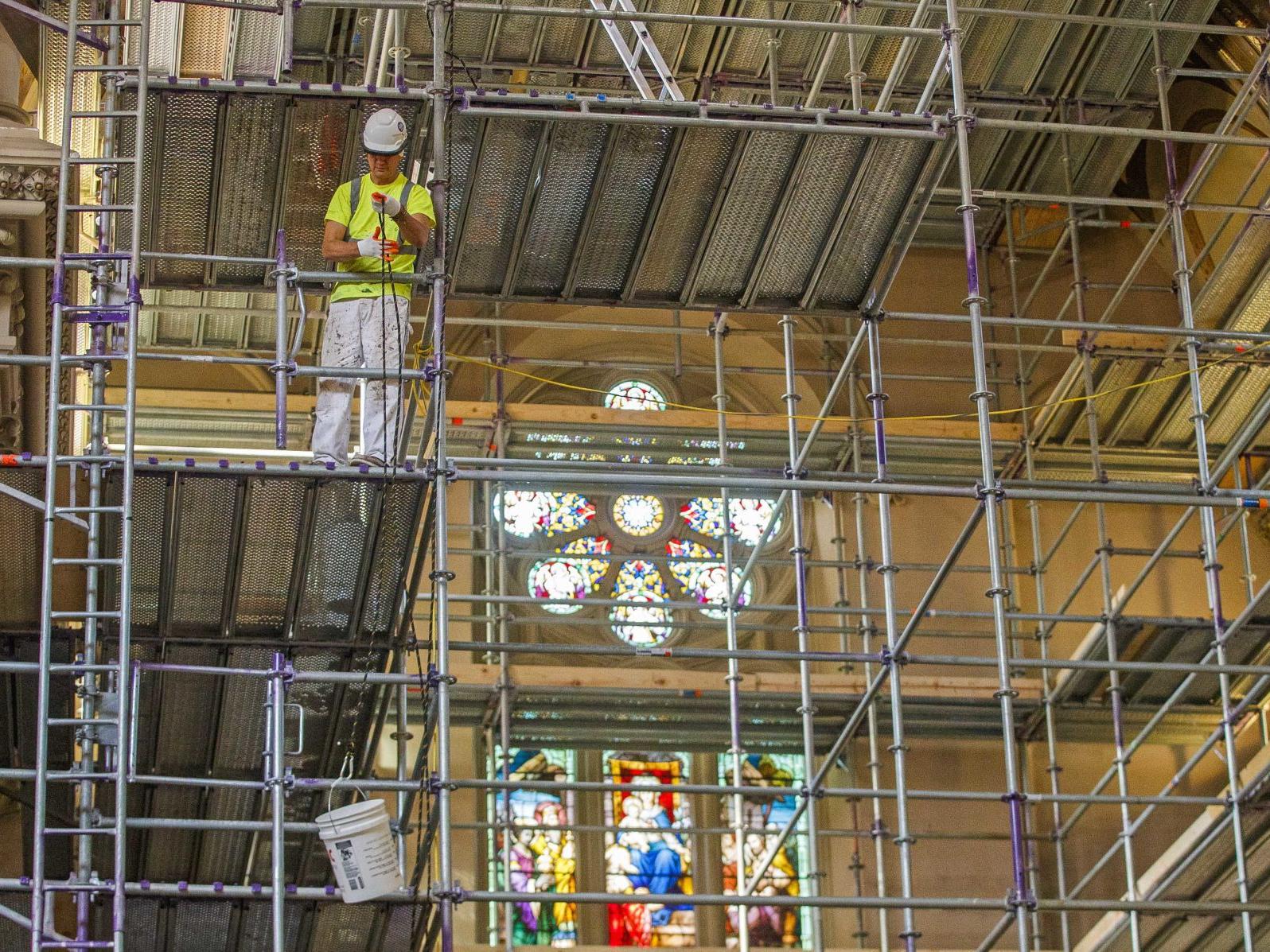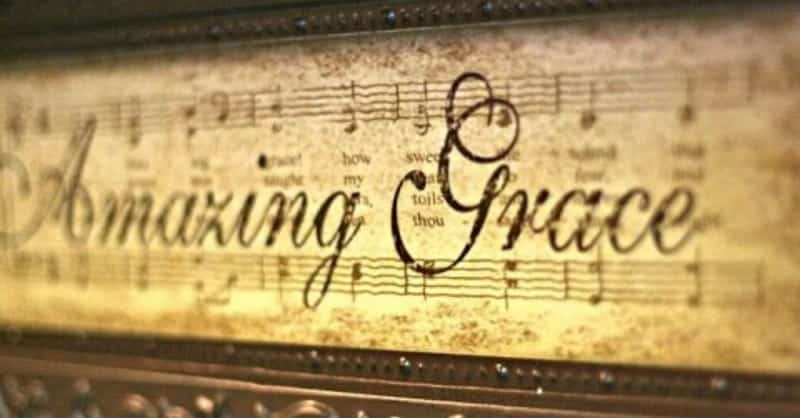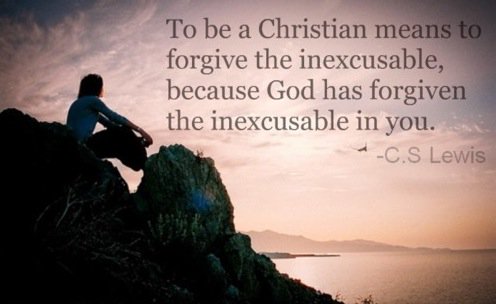I remember reading the explanation of why one academic returned to parish life. I’m leaving the academy to return to the parish in order to do theology. The parish is what theology looks like. Wow. I wish we actually believed it still. For it is true whether the parish is a lively place of theological discourse or mundane place of programs that work (or not). The parish is where theology comes into the cross hairs. If it does not happen in the parish, it will not happen on the ground of higher educational settings or it will become the domain of mere theory.
The seminary cannot really form pastors but it does prepare the man for the formation of life long vocation in the parish. I am not one of those who would smugly suggest that there are no pastors in colleges or universities or seminaries but if theology happens there it is because men bring it there from the parish and not the other way around. Our conversations as pastors together and with our people are the most important conversations of this world and this life. When this no longer happens, theology itself suffers. Where it does happen, the Church flourishes whether numbers or influence wax or wane.
I have no confidence that we have seen the worst and things will improve. But neither do I believe that the challenges we face are all that different and certainly not worse than the Church faced in her first decades of survival. When the voice of the apostles was still heard, there was challenge and controversy. When the voice of became a memory and the Word of the Lord a book, there were challenges and controversies still. When temporary structures became permanent institutions, there were challenges and controversies. When churches had buildings and property and influence and money in the bank, there were challenges and controversies. When our structures are threatened and we no longer have a place at the table in the halls of power, we will still face challenge and controversy. But it dare not be focused upon what we have lost that gave us standing and stature in a worldly sense. It must be about theology, the confession of Christ in a a world unfriendly and always unfriendly to Him and His ministers and His people.
St. Paul was not distracted by travel, torture, persecution, imprisonment, and the like. This was his calling. St. John was not constrained by exile but this was his calling. We are not being restricted by the pressures upon us for this is our calling. Structures and institutions come and go but the Word and Sacraments remain and whether they are, there is the Church. This is the place where theology lives not as ideas exchanged but as people who come to receive the Holy Mysteries. There, in the hands of flawed men and from their voices, comes the Word that gives birth to faith, the water that imparts life, the absolution that gives the good conscience, and the body and blood of Christ that feed us the foretaste of the eternal feast to come. It is here, in this entity, in the parish, that Christ entrusts with the whole mission of the Kingdom of God.
The parish is not one small part of the Kingdom but the footprint of that Kingdom in that slice of space, time, and geography. Everything the Church is in a cosmic sense is manifest in the local where people and their bishops still meet on the Lord's Day, in the Lord's House, around the Word and Table of the Lord. Theology is not a discipline of the academy but the conversation of the parish, the house of God among His people. If theology does not live here, it will not live anywhere. This is not some accidental truth or an inconvenient detail which must be rescued or fixed but the design of God. Theology must sing. And sing it does in the parish.
I must confess that when I enter a pastor's study, I look to his bookcase first. The theological task is fed by wonder and curiosity and these aid and abet conviction and equip service. If his shelf is filled with the latest how to books or pop psychology or feel good trash, it is hard for me to imagine how the man preaches with conviction the Word of the Lord that endures forever or welcomes the people of God to the banquet feast that anticipates heaven.
Theology is our enterprise not as a distraction from ministry but because the ministry is theological to its core. We believe, teach, and confess. We do it within the community of those called out and gathered before the presence of Christ where He has pledged to be. Our past is His and our present is His and our future is His. And He has warned us of those who cry "Lord, Lord" and those who like weather vanes move with every wind of change and those without roots. My brother pastors, we cannot afford to be practical and we must dare to be theological.
Things will get worse but the Church will abide. We kneel not before an image of power but a cross, not before a philosophical system but a crucified Savior, and not with intellects to comprehend but with faith to trust. This is theology. This is the theology that sings. And where it sings, people will come and the gates of hell will not shut this down. Christ has already triumphed.














